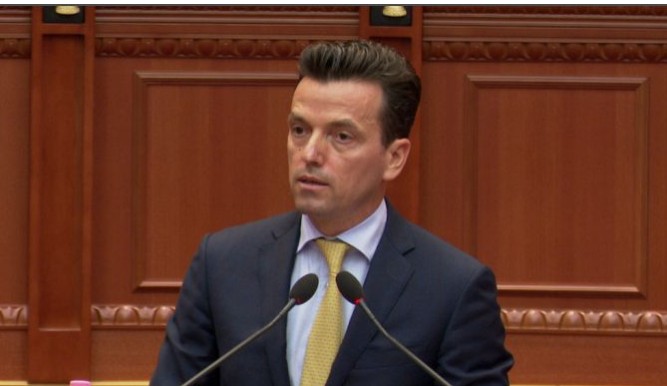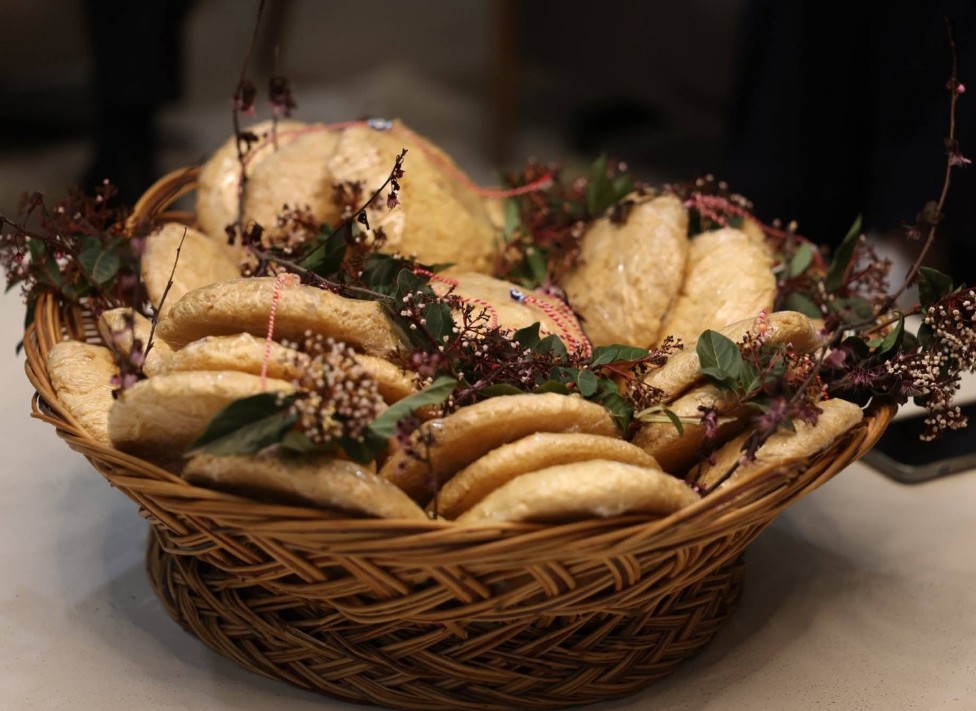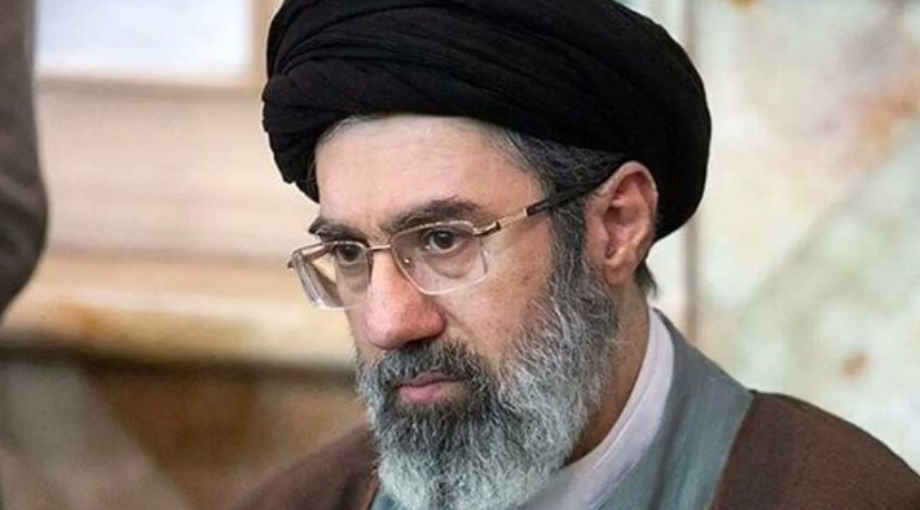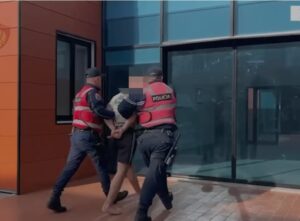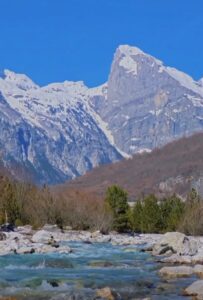Family claims Albanian blood feud means certain death if deported from Canada
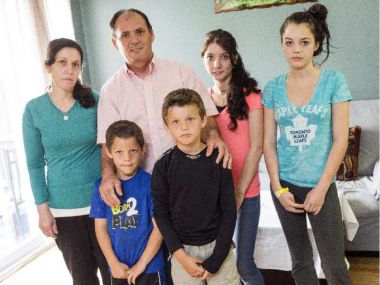
The Razburgaj family members had packed their suitcases for their deportation on Monday, but the Department of Justice is now allowing them to stay until a judicial review of their case is heard in federal court. Steeped in a traditional Albanian code of justice dating back 500 years, blood feuds pit families against families and call for deaths to be avenged with more deaths.
“I can’t believe it,” said a relieved Lule Razburgaj, a mother of five children, including three who were born in the U.S.
The fight against deportation and the rush to pack for Monday has been both emotional and stressful, she said Friday as tears streamed down her face.
Her husband, Pashko Razburgaj, a painter, said the first blood feud dates back to when Albania was a communist state, and the Razburgaj’s land was confiscated and given to another family named Pjetracaj. When the communists fell in 1992, the Razburgaj family tried to reclaim their 3.5-hectare property. The Pjetracaj family refused to leave and a pitched battle broke out.
“They attacked us with an axe, and my brother and I were both injured, but managed to survive due to the intervention of other family members,” Pashko Razburgaj wrote in an affidavit.
Lule Razburgaj was pregnant when the blood feud began and in 1999 fled to the U.S. where she hoped she would be safe.
But violence followed when a second blood feud was declared, this time on Lule Razburgaj’s side of the family. In 2003, her brother, Gjon Pepaj, sat through a mass at St. Paul’s Albanian Church near Detroit before shooting a rival and former friend nine times in the back in front of the horrified congregation. Pepaj was sentenced to life in prison without parole.
A year after the second blood feud erupted, Pashko Razburgaj left Albania because of the rising hostility and joined his wife and children in Michigan, where one of his brothers had successfully received refugee status based on political opinion.
“I felt that, sooner or later, the aggressive encounters related to the land dispute would have tragic consequences,” Pashko Razburgaj wrote in his affidavit.
In Albania, the dispute over the land raged on, culminating in a gun battle on Sept. 26, 2010. In his affidavit, Pashko said his family members laid on their stomachs and returned fire with the Pjetracaj family. One of Pashko’s brothers was severely wounded in the shootout and a member of the Pjetracaj family was killed.
And there was more bad news. The family’s claim for refugee status was denied in the U.S. — Albania was no longer a communist state, sinking the family’s argument for political asylum. On Nov. 26, 2010, exactly one month after the gun battle, Pashko and Lule Razburgaj and their children entered Canada illegally from the U.S.
Again, they claimed to be refugees, seeking permanent residence based on humanitarian and compassionate grounds. Ultimately that claim would be rejected by Canada’s Immigration and Refugee Board. In a Jan. 23, 2013 ruling, the board questioned the credibility of the family’s story and said it suspected it was made up. A board member noted the family had never mentioned the blood feuds in its bid to settle in the U.S.
“You all go to the States, claiming persecution for — on political grounds,” a board member said in a decision. “And then you all end up magically having a blood feud when you come to Canada.”
The refugee board also said that the Albanian government offers protection for families involved in blood feuds.
The family argued the government was too weak to protect them. They said they would never be able to leave their house for fear of being killed, even if they sought help from Albanian police.
In an attempt to stay in Canada, the family challenged the board’s decision in federal court. It was another loss. In February, Justice Yvan Roy ruled that state protection was available for the family if they returned to Albania and upheld the refugee board’s denial.
“The difficulty a case like this poses stems from evidence that is often unreliable, or not corroborated, about a phenomenon, blood feuds in Albania, that is not clearly defined,” the judge ruled.
In what may be the family’s last chance, the Razburgaj family has been granted a second judicial review of their case because of legal problems with their first review. A hearing is scheduled for Sept. 28.
http://ottawacitizen.com/
 KOHA JONË SONDAZH
KOHA JONË SONDAZH










